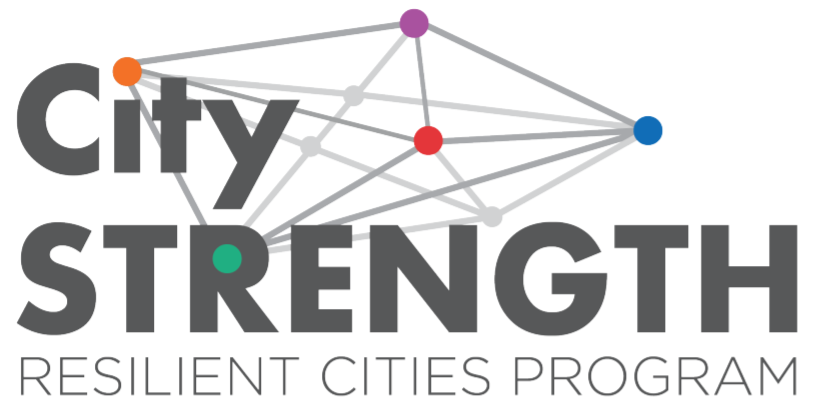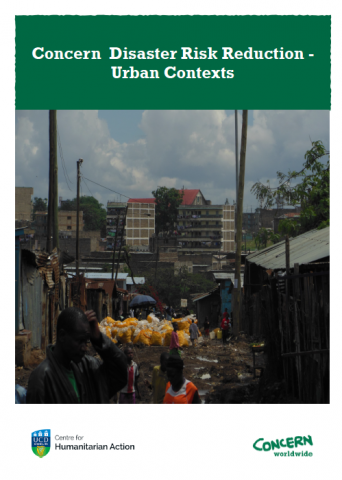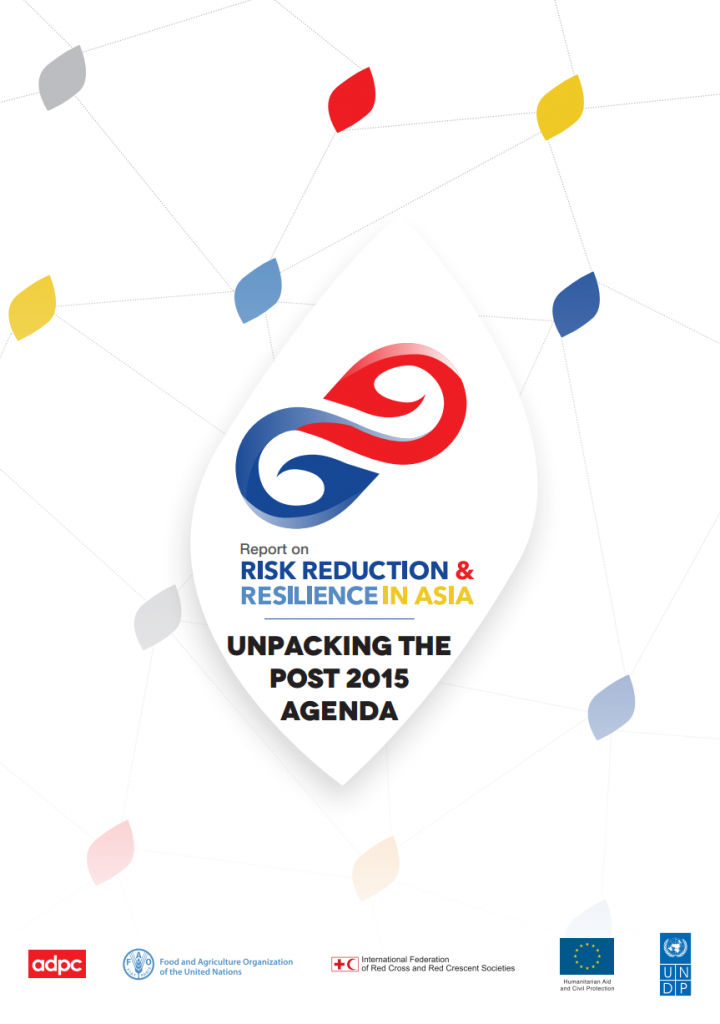Stepping back Understanding cities and their systems
ALNAP’s new research initiative explores how humanitarians can better understand urban contexts. It explores the concepts and terminology around ‘urban systems’ as well as how humanitarians can most effectively embed these concepts into their practice. This paper is the first output of the research. Section 2 outlines the methodology and evidence base. Section 3 explores the urban context: What […]
Stepping back Understanding cities and their systems Read More »



